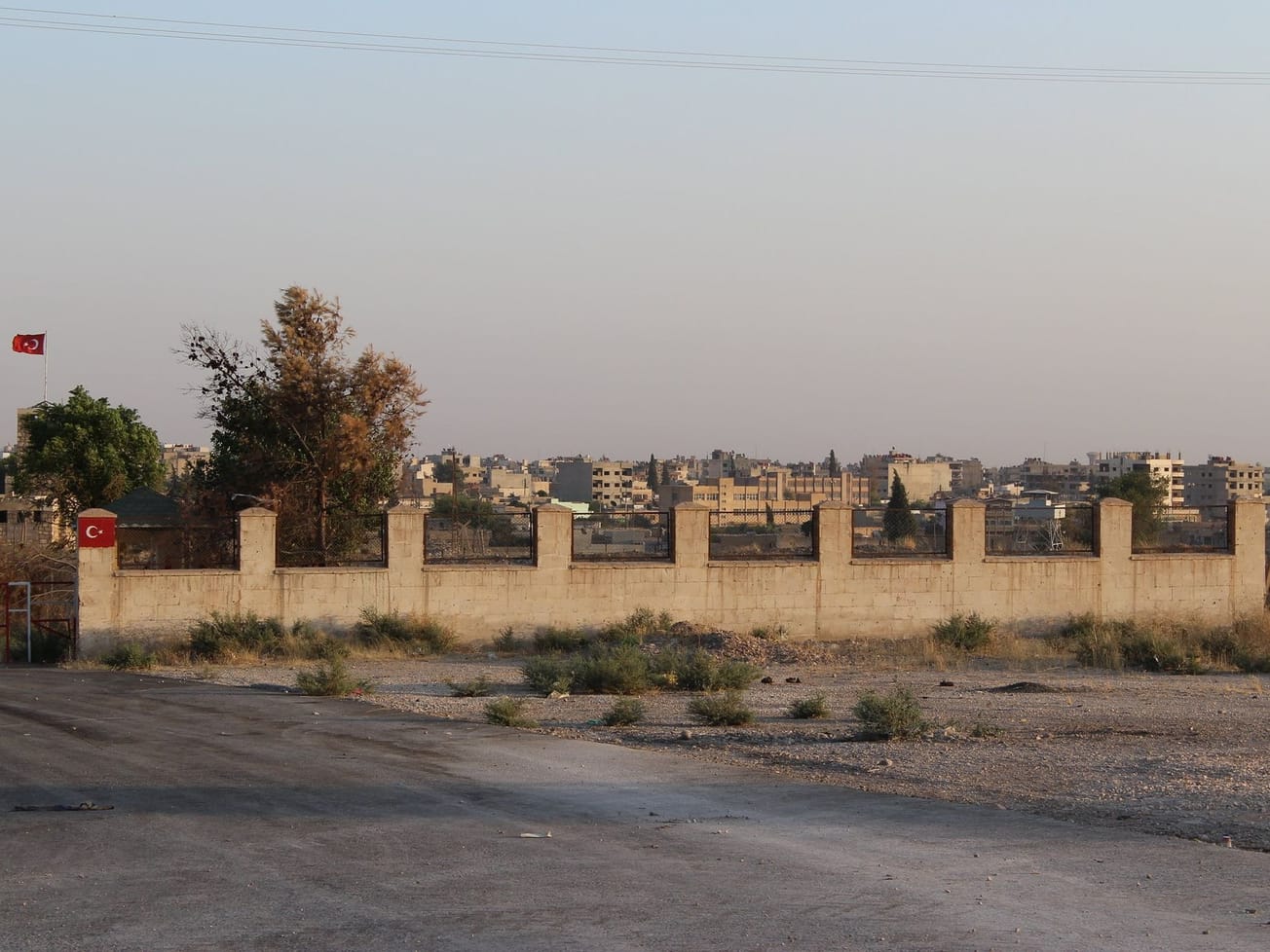The demilitarized buffer zone in Syria's Idlib region would make use of a centuries-old tool that is an important feature of how international treaties and organizations can offer peace and collective security.
Russian and Turkish troops will start patrolling the 15-20 kilometers zone by mid-October, President Vladimir Putin said after meeting in Sochi with Turkish President Recep Tayyip Erdogan. Its creation in the last major stronghold of anti-government Syrian rebels delays an offensive by Syria, Russia and Iran that could have created a major humanitarian crisis on Turkey's border.









